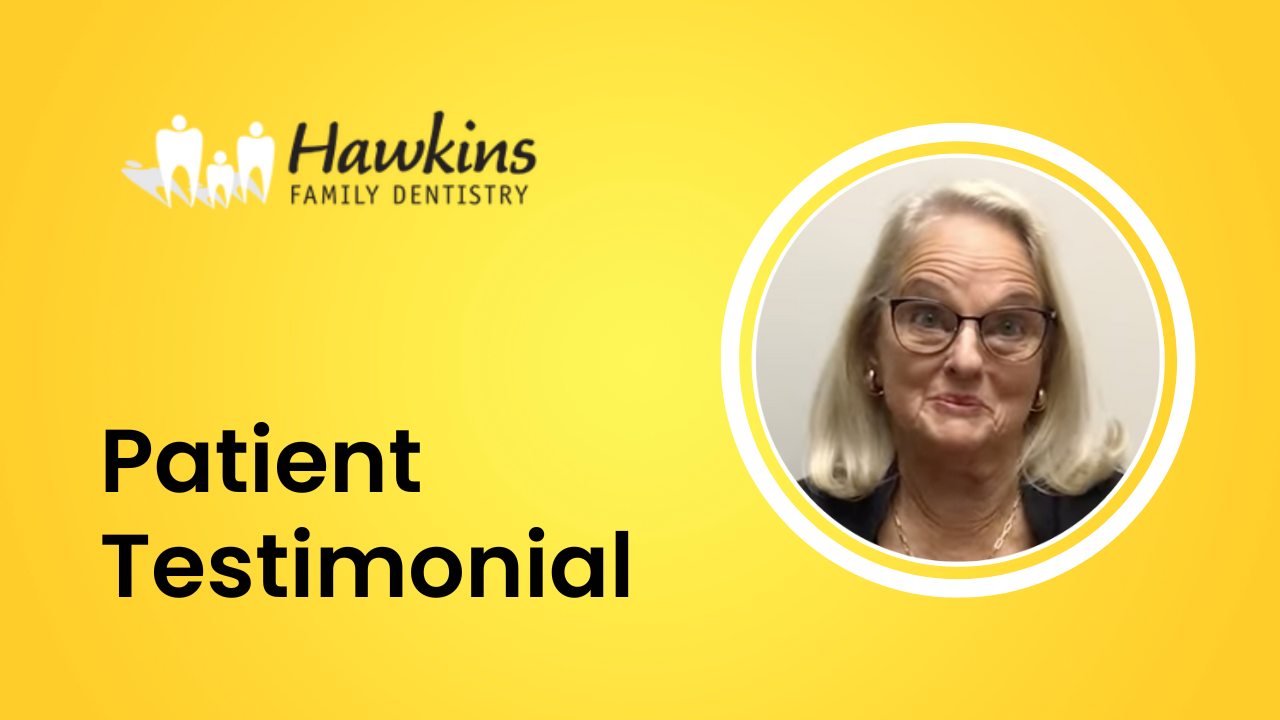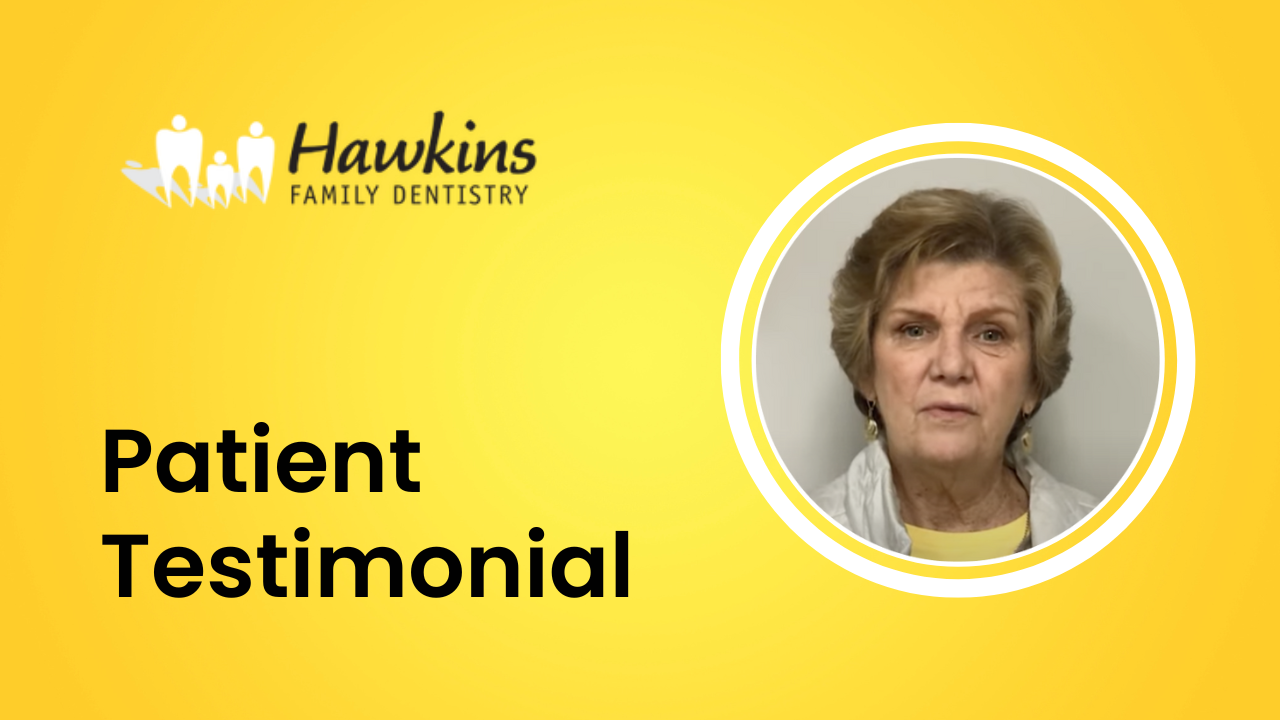
The signs and symptoms of oral cancer
Oral cancer is characterized from abnormal cell growth in the mouth, lips, tongue or throat. With early detection, oral cancers have a high rate of successful treatment. The people at the greatest risk for oral cancers are those over the age of 45 but regardless of your age, you should opt for oral cancer screening if you’ve experienced any of the following symptoms:
- Discolored patches in your mouth or on your lips including white or dark red in color.
- Unfamiliar lumps or unusual changes in texture.
- Canker sores that won’t heal, numb patches or persistent bleeding.
- Unusual feeling tongue, change in sense of taste and difficulty swallowing.
The risk factors for oral cancer
There are several behaviours and conditions that are associated with a higher risk of oral cancer. These include:
- Smoking or consuming tobacco products such as cigarettes, cigars and chewing tobacco
- Heavy or moderately heavy consumption of alcohol (especially combined with tobacco)
- Possibility of human papillomavirus (HPV) infection of the mouth.
- Excessive exposure to the sun; a lifestyle that includes lots of sun exposure.
- A poor diet or poor eating habits.
- Family history of oral cancer.
- Oral cancer is more common in men than in women.
- A history of leukoplakia (a thick, whitish-color patch that develops inside the mouth)
Prevention, detection and treatment of oral cancer
Treatment will be planned on a case by case basis and will heavily depend on the severity, type and location of the suspected cancer.Spotting early signs of cancer
The goal of an oral cancer screening is the early detection of cancer or precancerous conditions in your mouth. During the exam, your dentist will look over the inside of your mouth and under your tongue for red or white patches or suspicious sores. Your dentist will also feel the tissues in your mouth to check for lumps or odd textures and may also feel the outside of your throat and neck for lumps.
Diagnosis and treatment
If signs of cancer are detected during your oral screening you may be asked to undergo additional testing such as a biopsy (where a small piece of the suspicious tissue is removed for lab examination) or imaging tests like Xrays, ultrasounds, CT scans or an MRI. To remove confirmed tumours, surgery or chemotherapy or radiation therapy may be necessary.
Prevention of oral cancer
You can take steps now to help prevent oral cancer later. To help reduce your risk of oral cancer see your dentist regularly for routine exams, stop using tobacco products and drink responsibly, be mindful of your exposure to direct sunlight and use U/V protective lip balms, eat a healthy diet with plenty of fruits and veggies and during your routine brushing and flossing rituals, remember to check your mouth for signs or symptoms so that you can report any concerns to your dentist.
Contact us today
to schedule an initial consultation & exam.
Your consultation will include an examination of everything from your teeth, gums and soft tissues to the shape and condition of your bite. Generally, we want to see how your whole mouth looks and functions. Before we plan your treatment we want to know everything about the health and aesthetic of your smile, and, most importantly, what you want to achieve so we can help you get there.
Frequently Asked Questions









